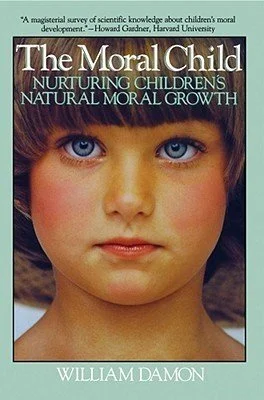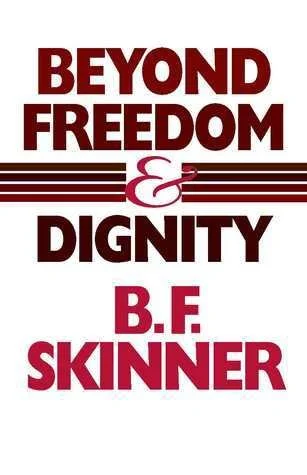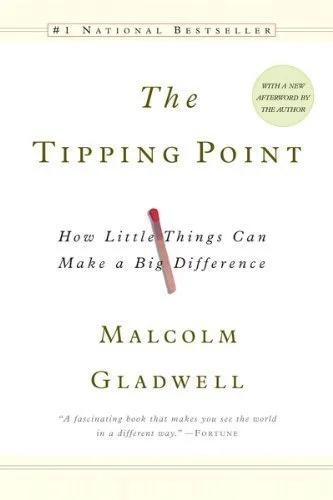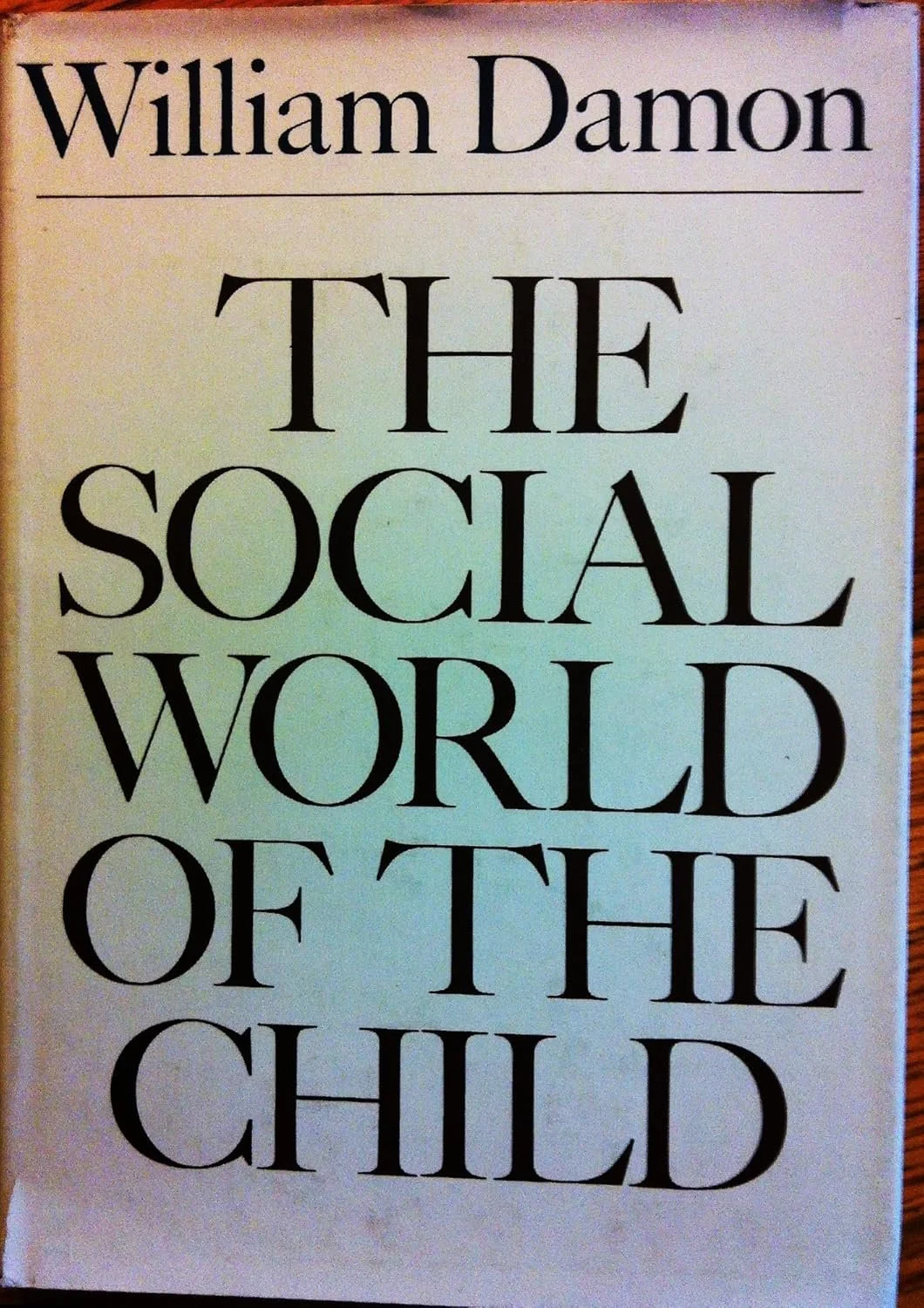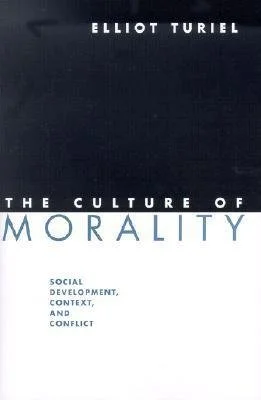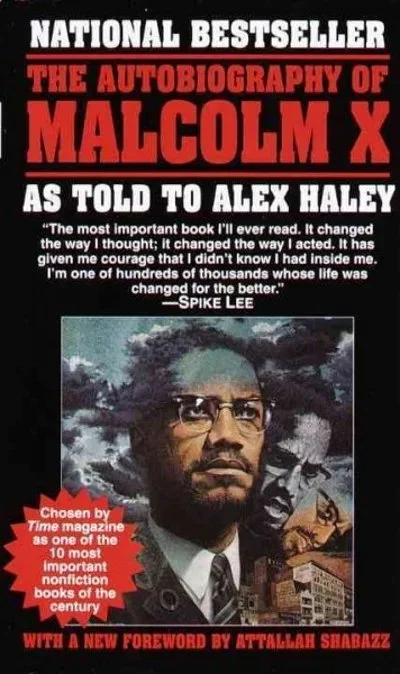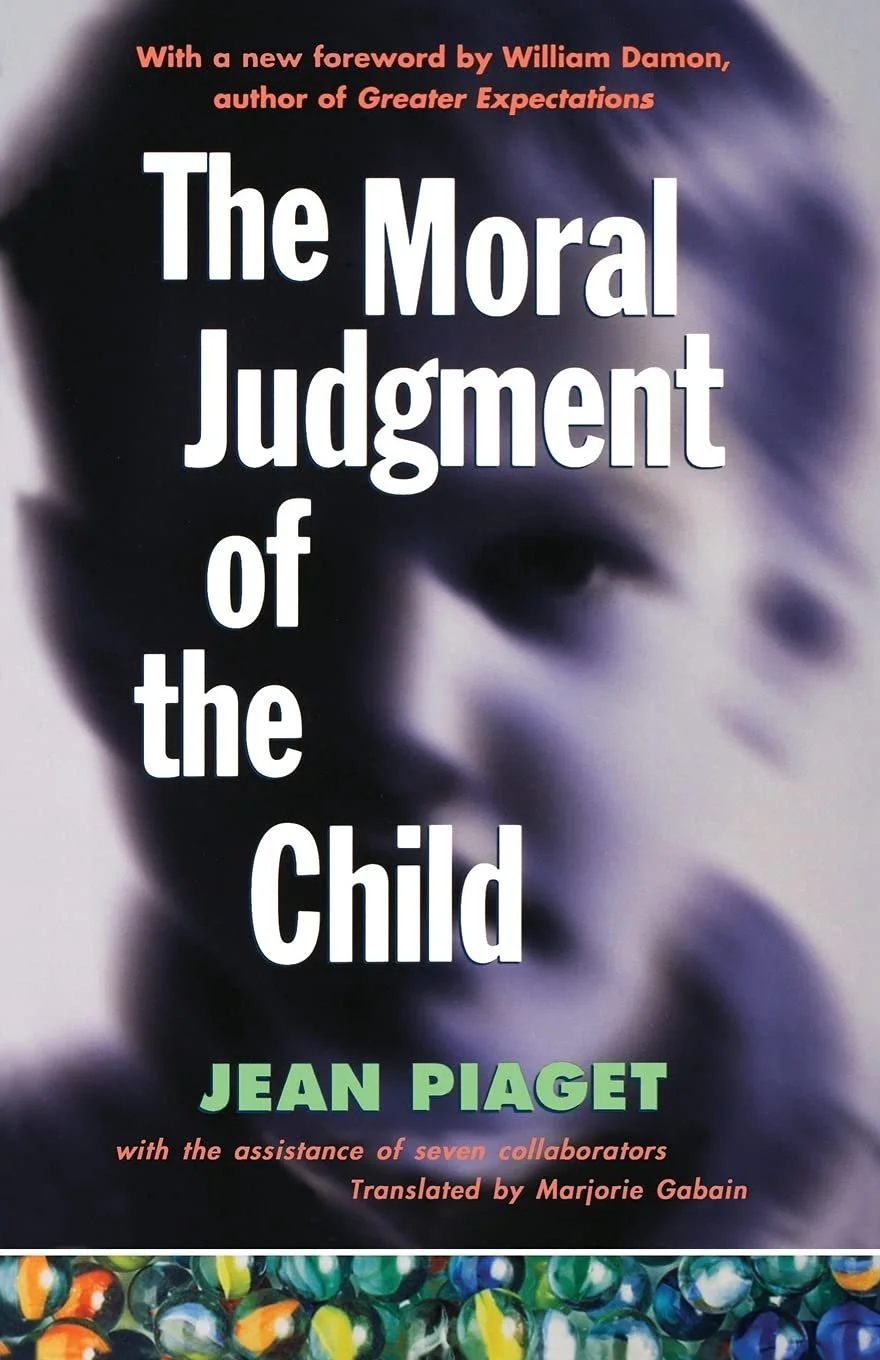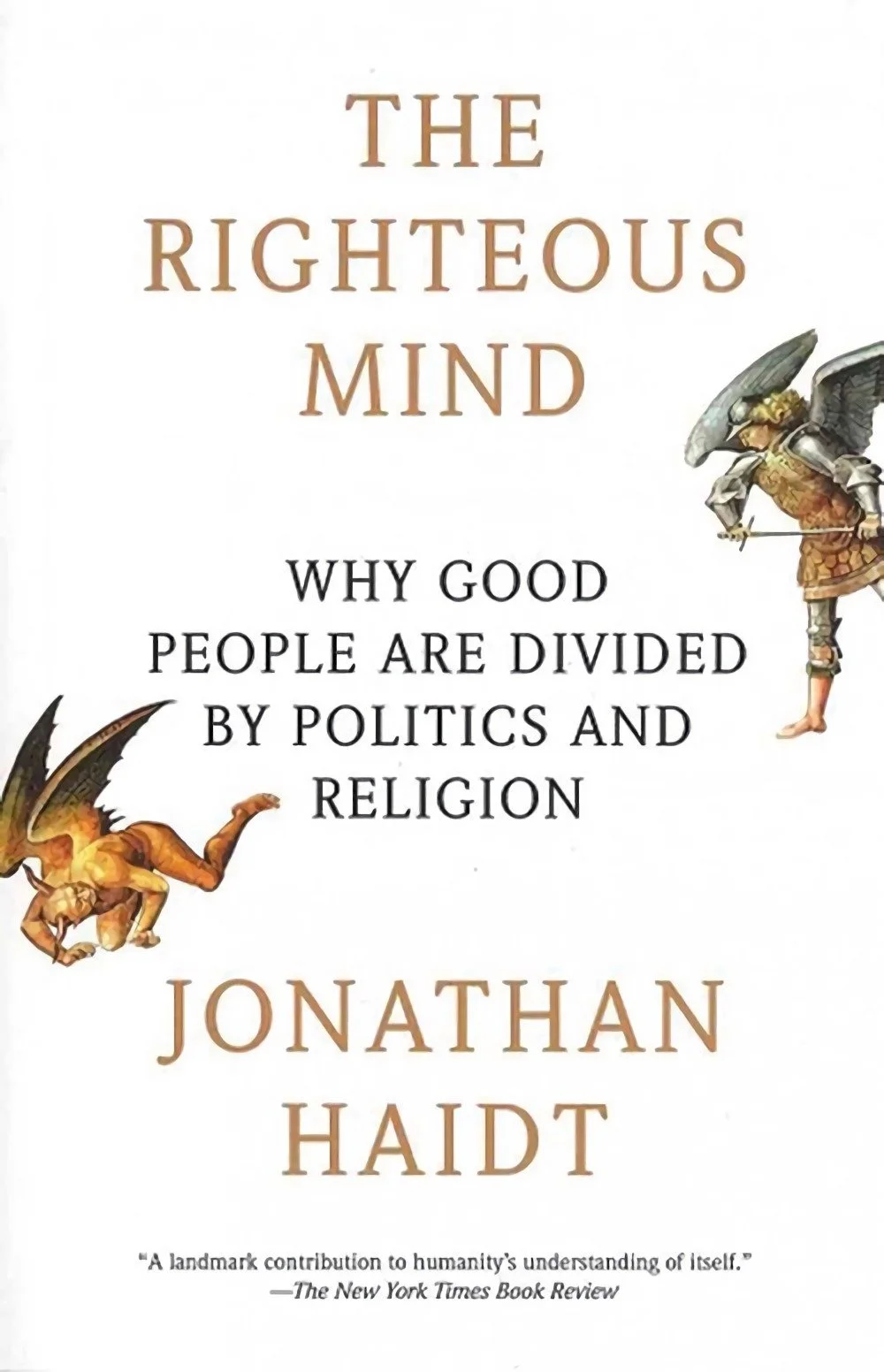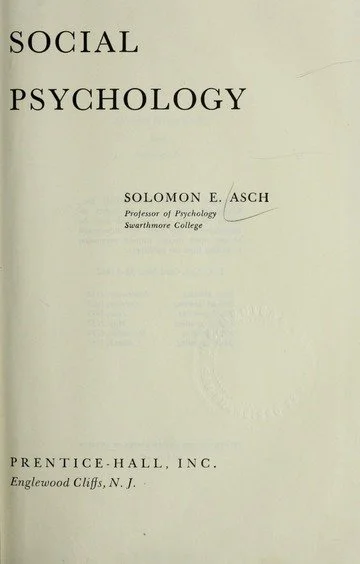Welcome to My Scholarship Blog!
Hi everyone,
Thank you for checking out the blog! The purpose of this blog is to update you on my scholarship. Updates will come in the form of short posts per scholarly product, meant to give you a sense of its aim(s) and core idea(s). When relevant, links to either a source or its reference will be provided. For topical shortcuts, check out the tags below.
Civilization and Its Discontents (1930) by Sigmund Freud
Like Skinner’s Operant Conditioning, Freud’s approach to morality, while not constructivist, is useful for a class like Perspectives on Moral Development that compares different psychological approaches to moral understanding. Particularly, his view of the child’s development of moral understanding and its subsequent implications for the individual-society relationship provides much material from which various morality/moral development theorists can be compared and critiqued. Also, like Skinner, Freud’s ideas were influential in the early formulations of socialization approaches to moral understanding. One of the things I enjoy in my moral development class is prompting students to view Heath Ledger’s Joker in The Dark Knight (2008) through a Freudian lens. Three particularly illustrative opportunities for such discussions are his interrogation scene, his scene with Harvey Dent, and his experiment with the two ferries.
In a recent guest lecture, I explored the extent this portrayal may point to any kind of coherent moral view.
Mind, Self, and Society (1934) by George Mead
Although Mead is a social behaviorist, at a general level, the book contributed to my interests in understanding how people attempt to understand the viewpoints of others. I think about perspective-taking and understanding others differently now, but I appreciate the role this book played in my emerging understanding of these phenomena.
The Moral Child (1988) by William Damon
In addition to his constructivist approach to social and moral development, I appreciate the role he gives parents and adults in children’s social and moral development. For various reasons, I think constructivist approaches are sometimes viewed as entirely child-centered at the expense of parents/adult caregivers. This is not the case, at least for the approaches I lean on in my work. I also appreciate how, in this book, he draws on relatively recent research at the time bearing on children’s emotional development in areas such as empathy and child-parent attachment.
The Development of Social Knowledge (1983) by Elliot Turiel
The ideas and approach put forth in this book are foundational to my scholarship. Namely, when it comes to distinguishing moral from non-moral social concepts, understanding complex social situations involving multiple social concepts, and highlighting the role of various beliefs in moral judgments. One of the things I appreciate the most about SCDT is how, in my view, it attempts, in good faith, to give people the benefit of the doubt when it comes to the assumptions and judgments they may hold about important matters.
The Miseducation of the Negro (1933/2006) by Carter G. Woodson
It did not influence my teaching and/or scholarship in a specific way, but more generally, it was a powerful example of the potential revolutionary nature of conceptual change. And this notion, that changes in mental approach or conceptual understanding can inform substantive changes in how we relate to the world and others, helps explain my passion for developmental psychology more broadly and moral development more specifically.
Beyond Freedom and Dignity (1971) by B.F. Skinner
Although my scholarship explores morality from developmental and constructivist perspectives, I appreciate what I think Skinner was trying to do with his theory of Operant Conditioning. The theory also holds a special place in my heart because it was the first psychological theory that got me interested in the discipline as an undergraduate. His framing of issues facing human behavior and social relations, and his explanatory mechanisms for addressing them, are valuable for thinking about moral development. Especially when comparing constructivist approaches like Kohlberg’s theory and Social Cognitive Domain Theory to socialization approaches, which owe part of their origins to Skinner.
The Tipping Point (2002) by Malcolm Gladwell
For as long as I can remember, I have been interested in the potential interrelations or connections between various social phenomena. In ways, this interest explains some of my strengths as a scholar as well as some of the areas I need to improve in as a thinker, etc. This book, which explores ways that certain actions and events can eventually influence others, speaks to those sensibilities.
The Social World of the Child (1977) by William Damon
Like other constructivist approaches, it takes children’s early understandings of social and moral concepts seriously. And like SCDT, Damon provides some evidence that, at least in some situations, children reliably distinguish between moral and non-moral social concepts. As when, say, children may believe it is acceptable to disobey a parent’s authority when the parent commands them to commit an immoral act.
The Culture of Morality (2002) by Elliot Turiel
Like the first book, in grounds much of my scholarship, but particularly scholarship that analyzes superhero and dystopian media using the various beliefs characters hold about the nature of (meta)physical, social, and psychological reality. Recent publications exploring these beliefs include Social Superheroes (2024), Superhero Justice (2025), and the in-progress paper on the X-Men.
Formation of the Moral Self (1998) by Johannes van der Ven
This was a great read, and I have incorporated it into two in-progress projects, one on Daredevil and one on the X-Men. I appreciate the role he gives complexity and ambiguity in his analysis of different approaches to moral development, education, and socialization, as well as his use of a scriptural worldview to critique them.
The Autobiography of Malcolm X (1987) by Alex Haley
On a personal level, I gained a lot of appreciation for Malcolm X’s journey, the premium he put on knowledge and personal development, and his passion for serving others. Although this book does not directly inform my current scholarship, there is one example I frequently share in my Developmental Psychology class.
The Moral Judgment of the Child (1932/1997) by Jean Piaget
Since Social Cognitive Domain Theory (SCDT) approaches social and moral development from a constructivist perspective, Piaget is commonly considered the most significant scholar pioneering this approach when it comes to morality.
The Righteous Mind (2012) by Jonathan Haidt
While Haidt’s intuitionist approach to moral development as articulated in Moral Foundations Theory operates under fundamentally different assumptions from those I hold, I think the arguments are well-designed, well-researched, and should be considered. Thinking through the basics of the theory and supporting research has both improved my understanding of SCDT and clarified some of the areas where SCDT may not have an adequate explanation (at least not yet). Concerning the latter, I think an important consideration is that what constitutes the moral domain within MFT does not fully jive with what constitutes the moral domain within SCDT.
Social Psychology (1952) by Solomon Asch
This book will forever have a special place in my heart. One, because of its emphasis on viewing human psychology as a result of dynamic relational processes. This broader theme is consistent with Social Cognitive Domain Theory, which grounds my scholarship. Two, because I found many of the ideas in the book useful for better understanding the human story that unfolds in scripture, as well as the effectiveness of Jesus’ ministry.



